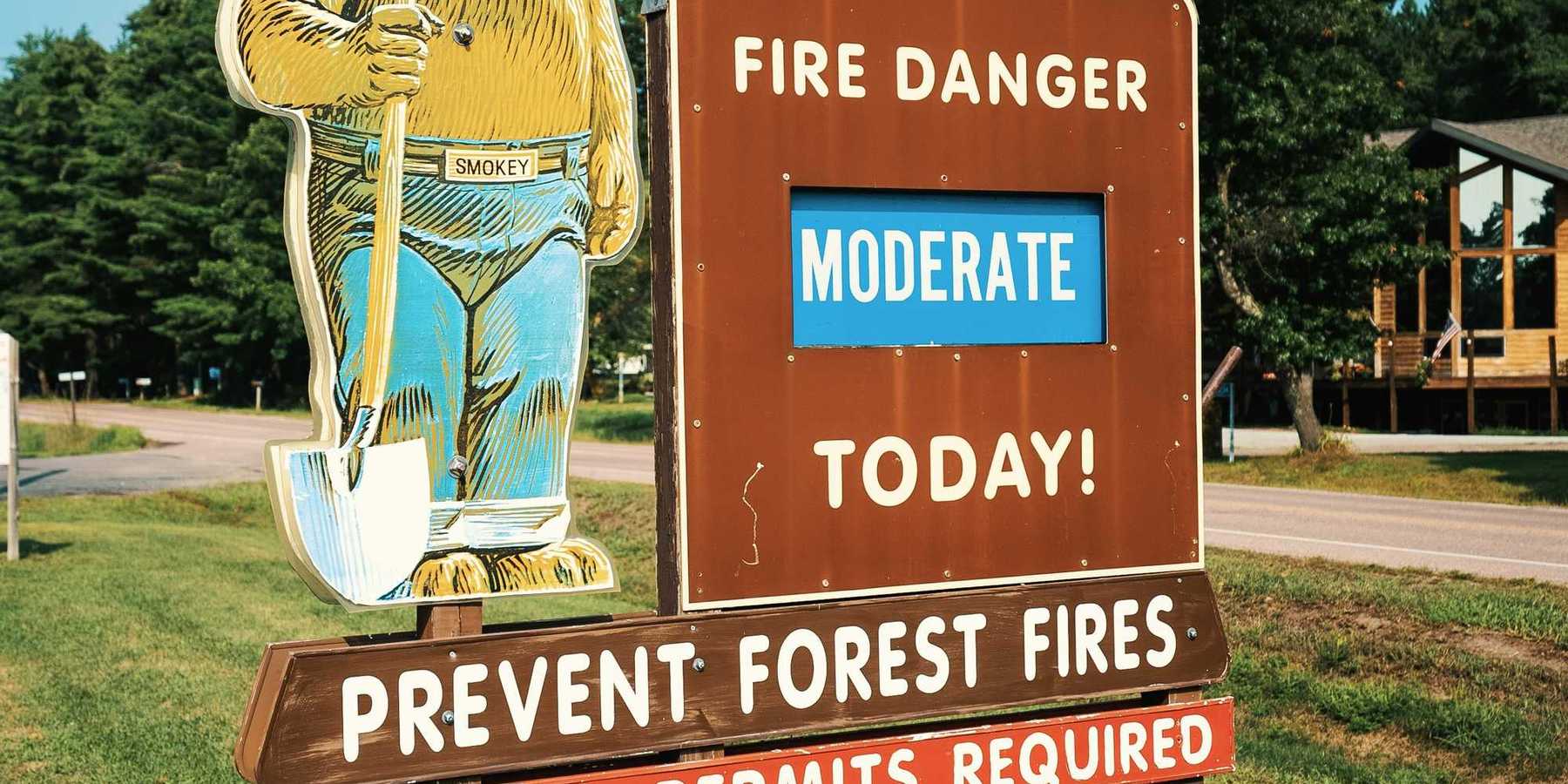Lying in State….of the Union
Trump may have lied about many things in the annual speech, but he barely mentioned the environment.
So great is my devotion to my work that I donned the protective gas mask and watched Tuesday's State of the Union address.
While behind him Speaker of the House Nancy Pelosi acted up and Vice President Mike Pence stared his trademark smitten gaze into the back of his boss's head, President Donald J. Trump held forth.
Absent from the festivities was Interior Secretary David Bernhardt, this year's Designated Survivor. That's the Presidential cabinet member with the grim duty of sitting it out in a secure location lest an attack or other calamity take out everyone in attendance.
The Secretary missed out on the few sentence fragments that pertained to his beat. But it should be noted that Bernhardt rose from oil industry lobbyist to potential Emergency President in less than two years. Don't pretend you aren't impressed.
Lest you think the title of this piece misleading, Trump gave so little time to energy and environment that there was no room for his trademark falsehoods. At the top of the speech, he boasted of slashing "a number of job-killing regulations." A few minutes, and 26 pauses for huzzahs and applause from his partisans, he pronounced America energy independent.
Some would disagree. But in any case, Trump praised the oil and gas industry, without mentioning the death spiral of coal and nuclear industries as domestic power sources. Nor did he mention the rapid growth and bright future of clean energy.
Fast forward for another 54 cheer breaks, plus a boo-break for Obamacare and the poignant awarding of the Presidential Medal of Freedom to talkshow host Rush Limbaugh. The cancer-stricken Limbaugh is only the second virulent climate denier to receive this coveted honor. Astronaut Buzz Aldrin is arguably the first.
Then, the Commander-in-Chief went full Lorax for an entire sentence:
"To protect the environment, days ago I announced the United States will join the One Trillion Trees Initiative, an ambitious effort to bring together government and private sector to plant new trees in America and all around the world."
The Trillion Trees Initiative was inspired by a much-criticized study that calculated that those trillion trees could suck up one-third of global carbon emissions. It picked up global momentum last month at the World Economic Forum, the annual Billionaires' Burning Man in Davos, Switzerland. But the trillion trees thing, admirable though it may be, has its own problems, so let's get out the calculator.
For the sake of argument, let's assign every one of the 7.7 billion of us on Earth our fair share of plantings. That's 130 trees for every man, woman and child in the world. The conventional wisdom in the tree business is that you've got to plant two to have a fair chance of getting one fully-grown, carbon-eating tree. So let's make that 260 trees for each one of us.
And where, you may ask, do we find the available land not already covered by trees, or farms, or cities – bearing in mind that deserts and tundra can't count as viable tree habitat? An estimate showed that in order to offset its carbon output, the U.S. would have to locate and set aside land twice the size of Texas.
That land doesn't now exist, and as Mark Twain said, they're not making any more of it.
So plant your trillion trees, but let's not pretend it comes close to solving such an immense program any more than banning plastic straws will cleanse the oceans of plastic.
Of all Trump's self-congratulations and dissembling, the biggest environmental consequence may come from an utterance near the end of his one hour, seven minute speech. It came another 14 cheers and one boo (sanctuary cities) after the trillion trees:
"We have recommended 180 new judges to uphold our Constitution as written. This includes (new Supreme Court Justices) Neil Gorsuch and Brett Kavanaugh."
Those lifetime appointments, reportedly vetted by anti-regulatory groups like the Heritage Foundation and the Federalist Society, will decide many environmental lawsuits over decades. One of the main tools of environmental activists, the Federal courts, will be at least partially blunted.
Fifty years ago, Richard Nixon said this in his 1970 State of the Union Address: "Restoring nature to its natural state is a cause beyond party and beyond factions. It has become a common cause of all the people of this country."
So even if Trump barely mentioned environment, the contrast with a nearly-impeached Republican predecessor from a half century ago is both stark and tragic.
The State of the Union is bleak.
Peter Dykstra is our weekend editor and columnist. His views do not represent those of Environmental Health News, The Daily Climate or publisher, Environmental Health Sciences. He can be reached at pdykstra@ehn.org or on Twitter at @Pdykstra.













